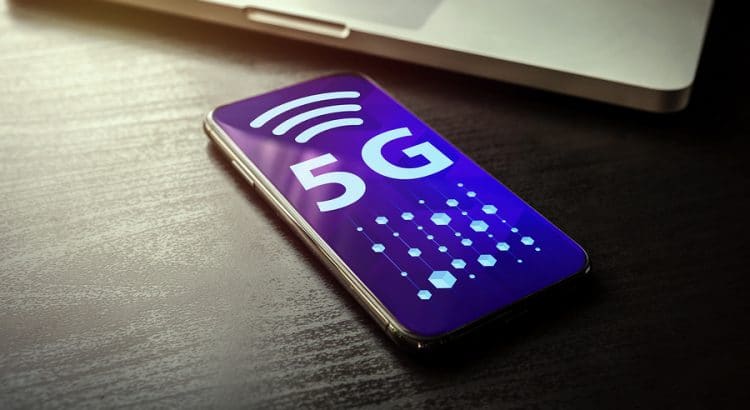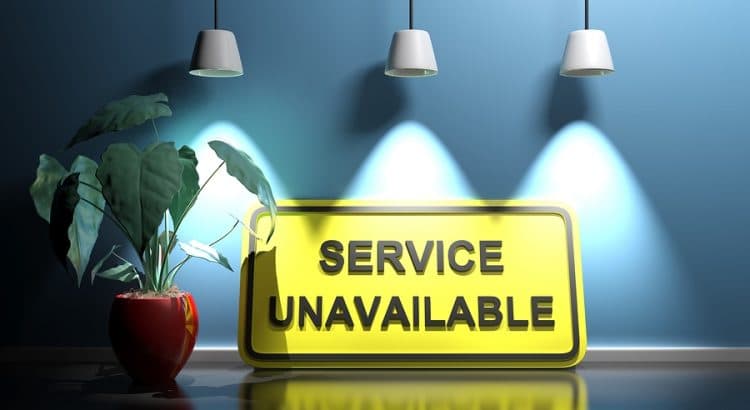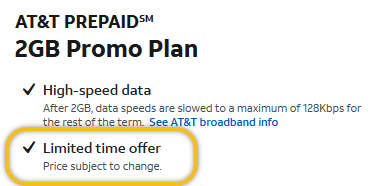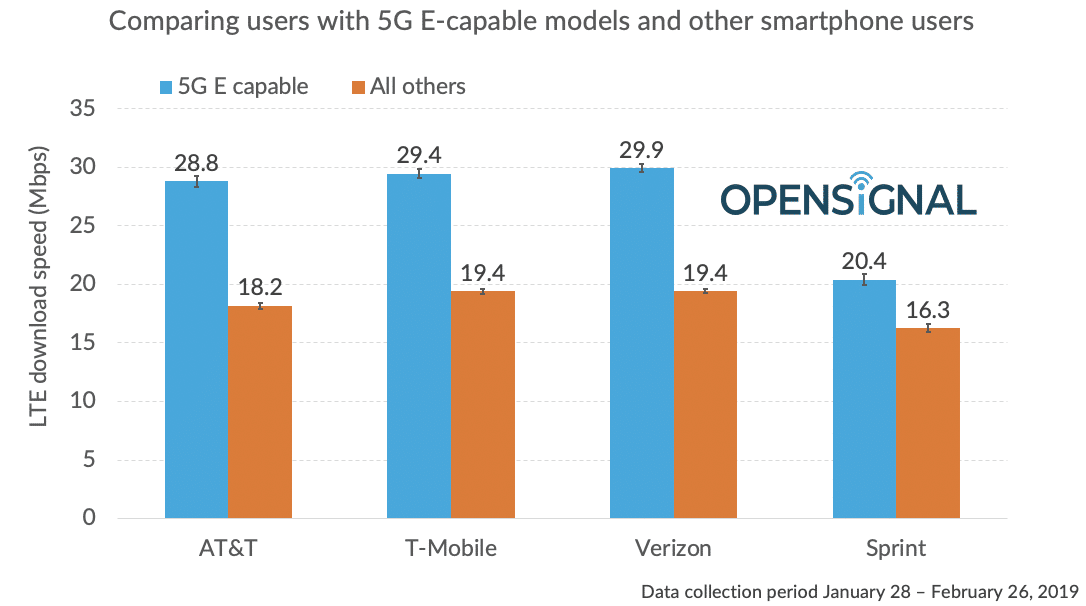In one of my recent posts, I discussed the awesome deals AT&T is offering on its prepaid plan with unlimited minutes, unlimited texts, and 8GB of data each month. At the time I wrote the post, AT&T offered the plan with three different price structures:
- Month-to-month payments ($40 per month)1
- Three months purchased upfront ($33 per month or $180 total)
- One year purchased upfront ($25 per month or $300 total)
Now, AT&T has added another option. Customers that purchase six months of service upfront can get the 8GB plan for $30 per month.
Before AT&T added the six-month option, I was comparing AT&T’s plan to Mint Mobile’s 8GB plan. The plans look even more similar now that both carriers offer 3, 6, and 12-month payments options.











